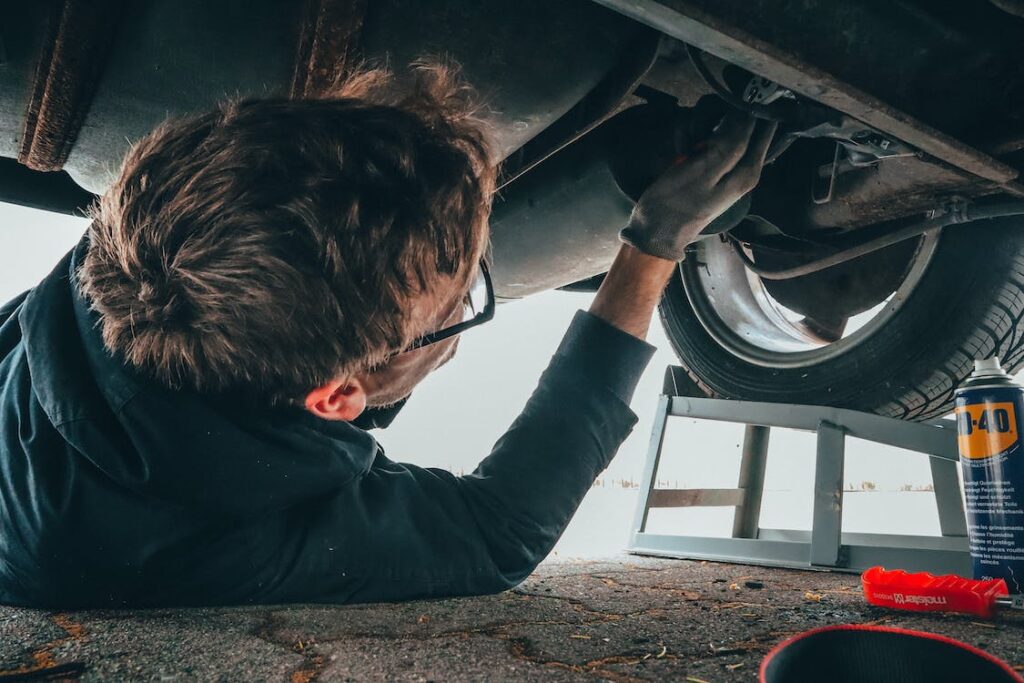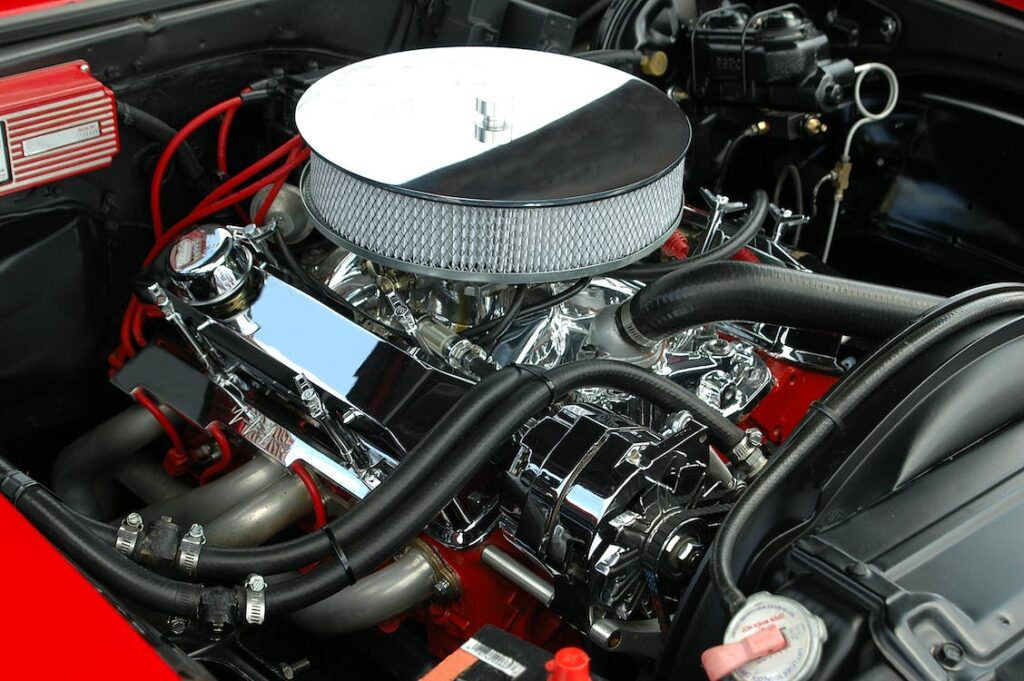
Comprehensive Car Care: A Guide to Keeping Your Vehicle in Top Shape
As car owners, we rely on our vehicles to get us from point A to point B efficiently and safely. To ensure that our cars perform at their best and have a long lifespan, regular and comprehensive car care is essential. In this article, we will cover the key aspects of maintaining your vehicle, from routine maintenance to tips for preserving its value and overall performance.
Regular Maintenance Routine
Oil Changes
One of the most critical aspects of comprehensive car care is regular oil changes. Engine oil lubricates the engine’s moving parts, reducing friction and preventing wear and tear. Changing the oil and oil filter according to the manufacturer’s recommendations will keep your engine running smoothly.

Tire Maintenance
Your car’s tires play a vital role in road safety and overall performance. Check the tire pressure regularly, rotate them at the recommended intervals, and ensure they have sufficient tread depth. Properly maintained tires will improve fuel efficiency and provide better handling on the road.
Brakes Inspection
Maintaining reliable brakes is essential for your safety and that of others on the road. Have your brakes inspected regularly, and replace brake pads and rotors when necessary. Remember that squealing or grinding noises could be a sign that your brakes need attention.
Air Filter Replacement
A clean air filter ensures that your engine receives a sufficient amount of clean air for combustion. Check and replace the air filter as needed to prevent engine performance issues and to maximize fuel efficiency.
Exterior Care
Regular Washing and Waxing
Keeping your car’s exterior clean and waxed not only enhances its appearance but also protects the paint from environmental damage. Regular washing removes dirt, grime, and contaminants that could lead to corrosion.
Paint Protection
Consider applying a paint sealant or ceramic coating to provide an additional layer of protection to your car’s paint. These products create a hydrophobic barrier, making it easier to clean and reducing the risk of scratches and swirl marks.
Protecting Against Sun Damage
Prolonged exposure to the sun can fade your car’s paint and damage the interior. Park in the shade whenever possible and use windshield sunshades to protect the dashboard and upholstery.
Interior Care
Vacuum and Clean Regularly
Maintain a clean and tidy interior by vacuuming the seats and floor mats regularly. Wipe down the dashboard, steering wheel, and other surfaces with a microfiber cloth to prevent dust buildup.
Leather Care
If your car has leather seats, use a leather conditioner to keep them soft and prevent cracking. Avoid harsh chemicals that could damage the leather.
Odor Prevention
To keep your car smelling fresh, avoid eating inside the vehicle, and use air fresheners or odor-neutralizing sprays sparingly.
Fluid Checks
Coolant
Check the coolant level regularly and top it up if necessary. Proper engine cooling is crucial for preventing overheating and engine damage.
Transmission Fluid
Ensure that your transmission fluid is at the correct level and consider replacing it as recommended by the manufacturer. Fresh transmission fluid helps maintain smooth gear shifts and prolongs the life of the transmission.
Power Steering Fluid
Check the power steering fluid level regularly and add more if needed. Adequate power steering fluid ensures effortless steering and prevents damage to the power steering system.
Professional Inspections
Regular Servicing
While some comprehensive car care tasks can be handled by the owner, it’s crucial to schedule regular inspections and servicing by a qualified mechanic. They can identify potential issues before they become major problems, saving you money and preventing breakdowns.

Pre-Purchase Inspection
If you’re buying a used car, invest in a pre-purchase inspection to get a comprehensive assessment of the vehicle’s condition. This will help you make an informed decision and avoid purchasing a car with hidden problems.
Optimal Safety Solution for Your Vehicle
Finding a truly reliable car protection tool among the many available on the market can be challenging. Some options include using specialized boxes or wallets for the key fob, which block signals and prevent hackers from using signal boosters. While there are conventional substitutes, none compare to the Smart Keyless Keeper—a novel and compact chip. This specially designed chip is exceptionally efficient in thwarting thieves’ attempts to break into your car by neutralizing signal boosters. It automatically disables the key fob when your car is stopped, ensuring the safety of your belongings when you’re at home and the vehicle is unoccupied.
Conclusion
Comprehensive car care is the key to keeping your vehicle in top shape and maximizing its lifespan. By following a regular maintenance routine, caring for the exterior and interior, checking and replacing fluids, and seeking professional inspections when needed, you can enjoy a safe and reliable driving experience for years to come. Remember that a well-maintained car not only performs better but also holds its value, making it a worthwhile investment.




